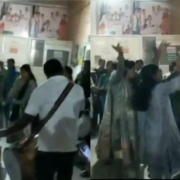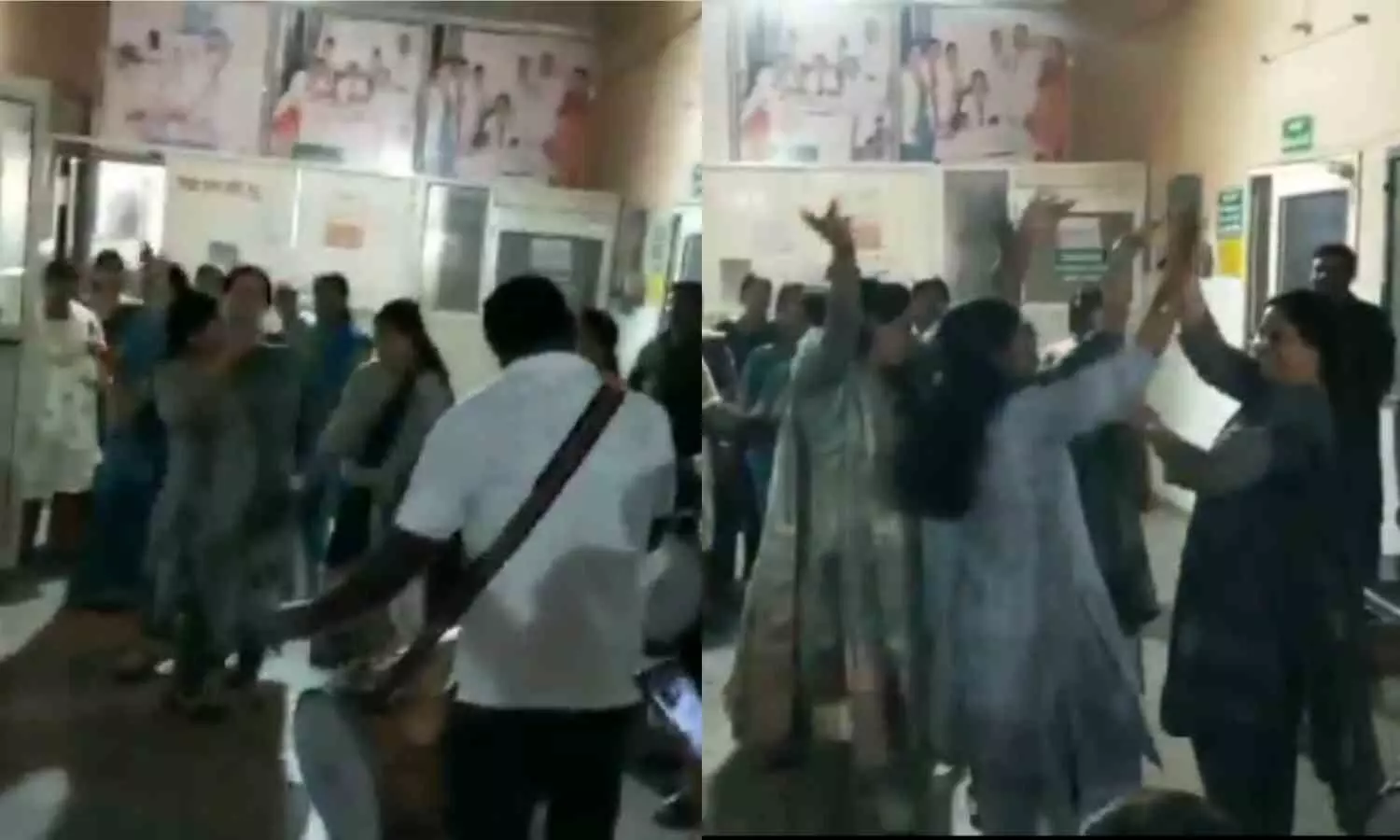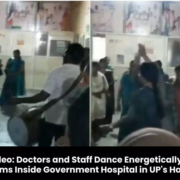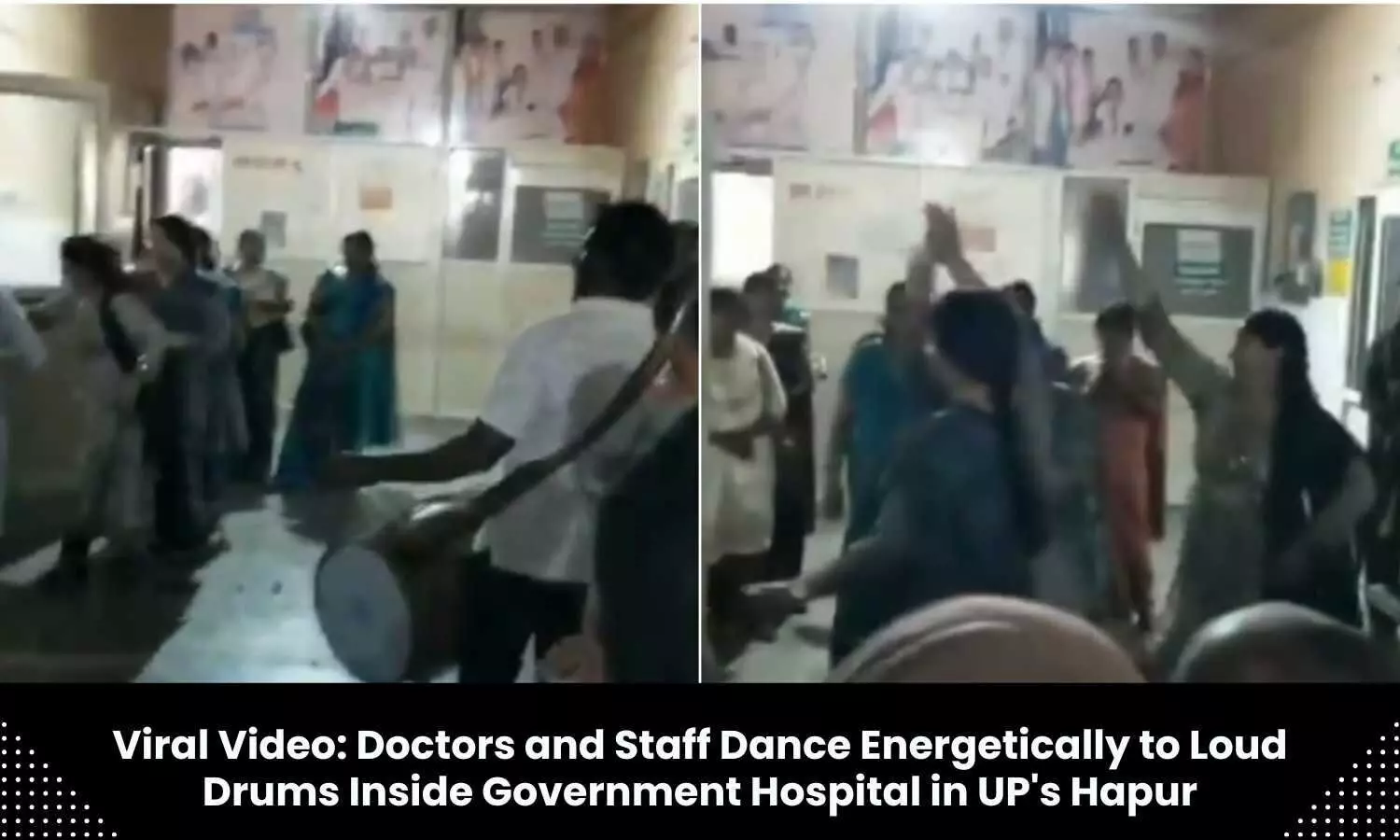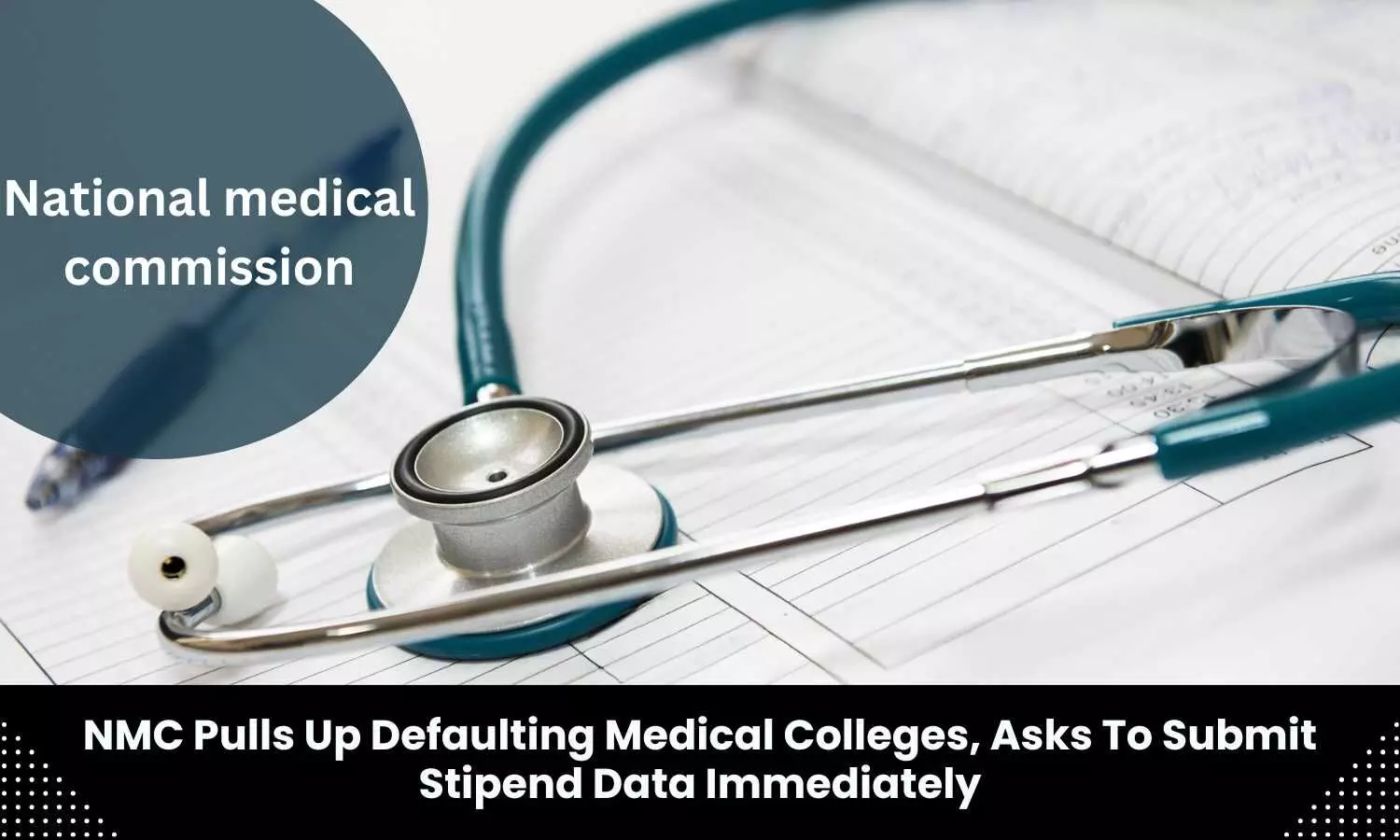Rs 12 lakh compensation slapped on Hospital, Paediatrician for failure in timely treatment of snakebite
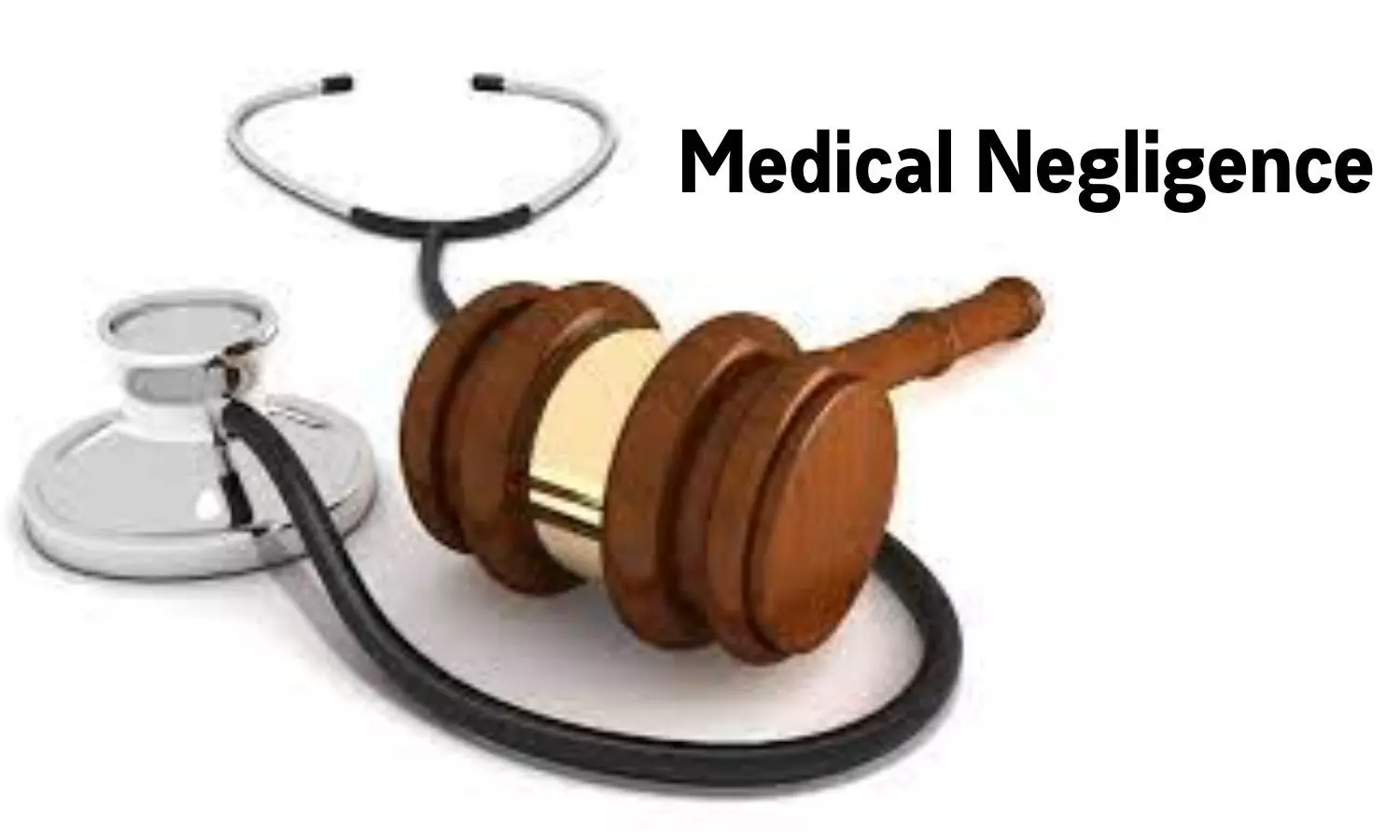
New Delhi: Noting failure in providing timely treatment, the National Consumer Disputes Redressal Commission (NCDRC) recently upheld the order of the Maharashtra State Consumer Court, which directed Mahatma Gandhi Mission Hospital and its on-duty Pediatrician to pay compensation for medical negligence during the treatment of a 12-year-old, who died due to snake-bite.
While considering the complaint by the deceased patient’s father, Maharashtra State Commission directed the hospital and doctor to pay jointly and severally Rs 10 lakh to the complainant, out of this, the hospital was told to pay Rs 8 lakh. Apart from this, the State Commission had also directed them to pay Rs 2 lakh for mental agony and harassment.
The history of the case goes back to 2007 when the complainant’s son, who was 12-years-old at that time, was bitten by a snake. Immediately, the patient was rushed to the treating hospital where the paediatrician, Dr. Gupta was present. The complainant requested Dr. Gupta to administer treatment to his son. However, the doctor allegedly advised him to take his son to the government hospital, stating that he could not afford treatment at their hospital.
After the complainant insisted, Dr. Gupta prescribed an injection worth Rs 500 and requested him to purchase it. Arranging the money, the complainant purchased the injection, along with other costly injections prescribed by the doctor.
The complainant alleged that even though he requested the doctor to start treating his son immediately, she allegedly refused to start treatment until the complainant deposited more money. Despite the repeated pleas by the complainant, the doctor allegedly neglected to administer treatment resulting in his son’s death.
It was further alleged by the complainant that medical negligence on the part of the hospital and Dr. Gupta led to his son’s death, causing irreparable loss. Therefore, he filed a consumer complaint in this regard.
However, the complaint was dismissed by the District Commission. Aggrieved by this order dated 18.01.2017 of the District Commission, the father appealed to the State Commission. While considering the matter, the State Commission set aside the District Commission’s order and directed the hospital and the doctor to pay jointly and severally Rs 10 lakh to the complainant, out of this, the hospital was told to pay Rs 8 lakh. Apart from this, the State Commission had also directed them to pay Rs 2 lakh for mental agony and harassment.
The order of the State Commission was challenged by the hospital and the doctor contending that the State Commission disregarded the reports submitted by the High Power Internal Enquiry Committee, comprising the Medical Superintendent and Dean, which were crucial in evaluating the matter.
It was argued that the State Commission’s decision to favor the complainant’s appeal was based on sympathetic grounds rather than legal merit. They claimed that the hospital and its staff including the doctor diligently provided necessary treatment without any negligence, as affirmed by the Internal Inquiry Committee’s report.
It was also submitted that since the hospital operates on a no-loss-no-profit basis, if a doctor does not charge fees for their services, they cannot be sued for medical negligence as per the Consumer Protection Act, 1986. Further, they argued that the State Commission also overlooked the fact that the patient died due to snakebite, and any delay in bringing the patient to the hospital should not render the hospital liable for the death. They submitted that the patient’s delay in reaching the hospital resulted in the commencement of neurological complications, indicative of a highly poisonous snakebite, which contributed to the patient’s death.
They claimed that the paediatrician on duty, Dr. Gupta, promptly administered necessary treatment upon learning of the patient’s condition, including injections and anti-snake venom. Despite her efforts, the patient’s condition deteriorated, leading to his unfortunate demise. It was submitted that both internal inquiries conducted by the hospital and the Dean of MGM Medical College and Hospital affirmed that due care was taken by the doctors, and necessary treatment was provided to the patient.
The hospital and the doctor argued that the Commission misinterpreted the timeline of events, erroneously stating that the vaccine was administered after 45 minutes when, in fact, the first dose was given immediately upon admission. It was also submitted that transferring the patient to another hospital for ventilator availability would have delayed life-saving measures, especially considering the high-risk consent signed by the patient’s relatives.
The counsel for the hospital argued that the State Commission overlooked the delay of approximately half an hour by the complainant in bringing the patient to the hospital, resulting in the patient experiencing Ptosis and deteriorating condition upon arrival. They suggested the patient likely suffered from neuron paralytic complications and asserted the possibility of a highly venomous snake, such as the Cobra, being responsible. The counsel argued that despite immediate and free treatment provided by the doctor, including anti-snake venom and life-saving medications, the patient did not respond positively and eventually passed away. Investigations concluded no negligence by hospital staff.
While considering the matter, the NCDRC bench perused the order by the District and State Consumer Court. The State Commission had observed, “From this it is known that, the patients in the OP no. 1 hospital are charged and some patients are treated under the charity scheme of 2 %. It is now settled principle that, when few patients are charged and few patients are treated free of charge, even the free treated patients are also consumers as per the definition of “Consumer” under Section 2 (1) (d).”
The Apex Consumer Court took note of a witness testimony, whose statements supported the complainant’s version of events. Further perusing the medical reports, the NCDRC noted,
“Upon examination of the indoor medical papers, it appears they were manipulated to falsely suggest that treatment began immediately upon the patient’s hospital arrival. The complainant, along with accompanying individuals, attested that despite numerous requests, the OP-1 and the treating doctor failed to administer timely treatment.”
NCDRC also noted that the complainant’s counsel asserted that the State Commission regarded the reports from two High Power Internal Enquiry Committees that cleared the hospital and treating doctor of medical negligence. However, the State Commission deemed them unreliable due to potential bias, as committee members were affiliated with the treating hospital.
Taking note of this, the Apex Consumer Court observed,
“Hence, this cannot serve as a basis for challenging the impugned order, which is reasoned and justifiable. Additionally, the counsel highlights that documents relied upon by the OP-1 and treating doctor were fabricated to absolve them of negligence. Moreover, the absence of a ventilator at the OP hospital raises questions about its ability to handle emergencies such as snake bites.”
The top consumer court also took note of the argument by the complainant’s counsel highlighting that the hospital deliberately avoided conducting a postmortem examination of the victim, a crucial step in medical cases. The counsel for the complainant argued that this was done to obscure facts and potentially manipulate any claims of mistreatment. He also pointed out that the hospital and doctor failed to clarify which snake species caused the victim’s death, further complicating the matter.
Taking note of this, the NCDRC bench observed,
“The absence of a postmortem examination raises doubts about whether proper treatment was administered to the victim. This deliberate avoidance of a postmortem examination underscores the gross negligence of the OP-1 and OP-2 in providing treatment to the complainant’s son, ultimately leading to his tragic death.”
“Furthermore, the OP’s failure to inform the local police station about the incident is another lapse. Such notification is essential in emergency and medical-legal cases, yet the copy of the intimation letter submitted by the OP lacks authentication, suggesting manipulation. Inquiries made by the complainant revealed that the local police station did not have any record of such notification. This discrepancy further highlights the attempts by the OPs to mislead the court with fabricated evidence,” it further observed.
The complainant’s counsel also highlighted discrepancies regarding the signature on the high-risk consent form, which was obtained from an unrelated person falsely represented as the victim’s grandfather. He contended that only parents and close relatives should sign such forms and therefore, there was negligence on the part of the hospital and treating doctors.
Considering all these factors, the NCDRC broadly agreed with the observations/findings of the State Commission except with respect to its observations that “when the ventilator was not available, why at all the patient of snake bite was treated by the hospital? So we are of the opinion, that decision to treat the snake bite patient when, ventilator was not available, was not reasonable and prudent decision by the doctor’s at the hospital.”
It noted that “Patient of snake bite require urgent medical attention and treatment. Had the hospital declined to admit/treat the patient due to non-availability of ventilator and referred to another institute having ventilator, perhaps much more valuable time could have been lost in referring and transporting the patient to nearest institute having facility of ventilators. It is not known as to how far was the nearest facility from the OP-1 hospital.”
Therefore, the Apex Commission opined that the hospital/doctor were justified in treating the patient themselves rather than referring to a institute with ventilator facility. However, NCDRC agreed with the State Commission’s observations with respect to the non-reliability of the report of the internal enquiry committee. It also opined that the “reasons given by OPs for not conducting the post-mortem are not valid, a post-mortem report would have provided clarity on the cause of death.”
Upholding the State Commission’s order, the NCDRC bench observed in its order, “Based on the considerations outlined above, we affirm the decision of the State Commission and uphold the relief granted by the forum. All amounts payable as per the order shall be paid by the OPs within 30 days of this order, failing which amount payable at the end of 30 days shall carry interest @9% p.a. till the date of actual payment.”
To view the order, click on the link below:
https://medicaldialogues.in/pdf_upload/ncdrc-mahatma-gandhi-mission-hospital-237129.pdf
Powered by WPeMatico


